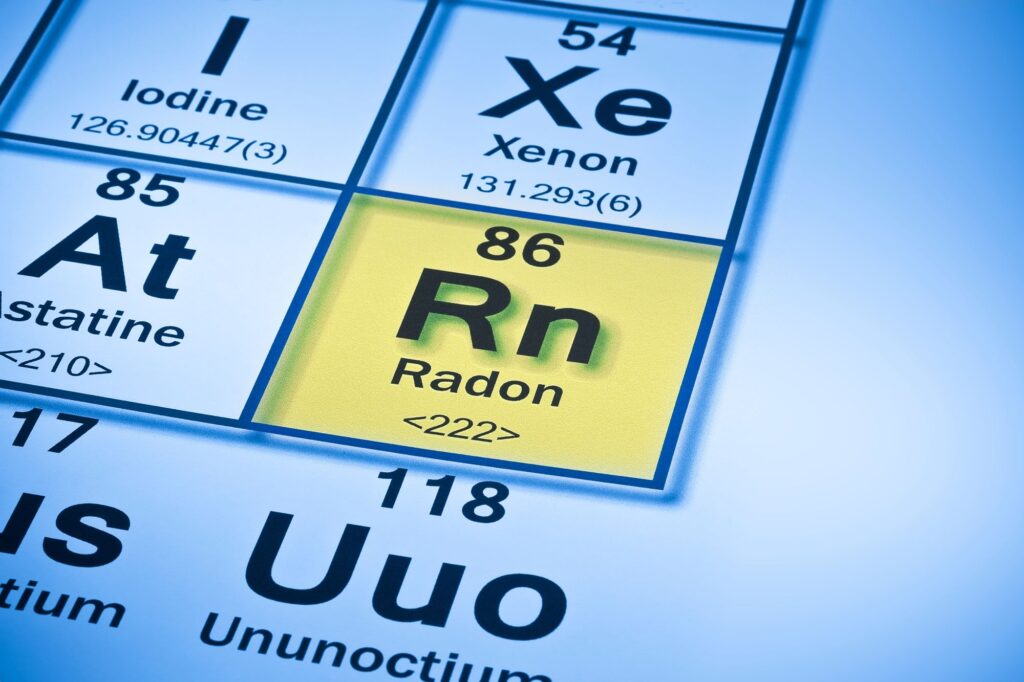Southampton City Council has confirmed to AirQualityNews.com that they will not charge high polluting vehicles to enter the city, as they publish a report outlining measures to tackle air pollution.
The local authority was instructed by the government to submit proposals that address exceedances of nitrogen dioxide (NO2) air pollution limits on roads within the city, and the council said last year that they favoured a ‘Class B CAZ’, which would have seen buses, coaches and heavy goods vehicles (HGVs) below the Euro VI emissions standard, charged up to £100 per day to enter the zone.
However, following a public consultation, the council has decided against introducing the charge and has instead proposed other measures aimed at curbing emissions ahead of a council scrutiny committee on the Clean Air Zone on January 16.
These include:
- Port measures – including shore side power and preferential charging of the port HGV booking scheme.
- HGVs – Offering opportunities for businesses to assess and trial freight consolidation, thereby removing HGV trips in the city, and an accreditation scheme for HGV operators so businesses can identify those operators that are least polluting.
- Buses – Introduction of a Traffic Regulation Condition that will ensure all operating buses meet the highest emission standard.
- Taxis – Revising taxi licensing conditions to remove the most polluting vehicles, expanding the existing low emission taxi scheme to support more operators, and offering a ‘try before you buy scheme’ for operators to experience the benefits of an electric taxi for up to 3 months.
Councillor Steve Leggett, cabinet member for Green City said: ‘Our residents want us to prioritise tackling what has been described as the public health issue of our generation. Over the last few years we’ve led on a range of projects which have made a noticeable difference and made our air cleaner from pollution.
‘However, we know that there is still a long way to go to tackle this silent killer. Which is why we will shortly be announcing a bold new Green City Charter which will address a range of environmental issues, including an aspiration to cut NOx pollution to 25ug (micro) by 2025 and to become a carbon neutral city by 2040.
‘We will be encouraging everyone across the city to get involved and to commit to working with us to achieve this goal.’
Liz Batten of clean air campaign group Clean Air Southampton told AirQualityNews.com that the council are not addressing the risk to health that air pollution poses, and are ‘very concerned’ that the measures proposed don’t go far enough.
‘This despite the fact that 80% of vehicles passing the one point of exceedance in the city are private diesel cars and diesel vans,’ she added.
‘Rates of asthma are very high in the west of the City, where the highest volumes of traffic occur, and “business as usual” will not protect residents’ health.’
Details of the 9,000 responses received by Southampton City Council as part of its consultation on the establishment of a Clean Air Zone in the city were published last month.











